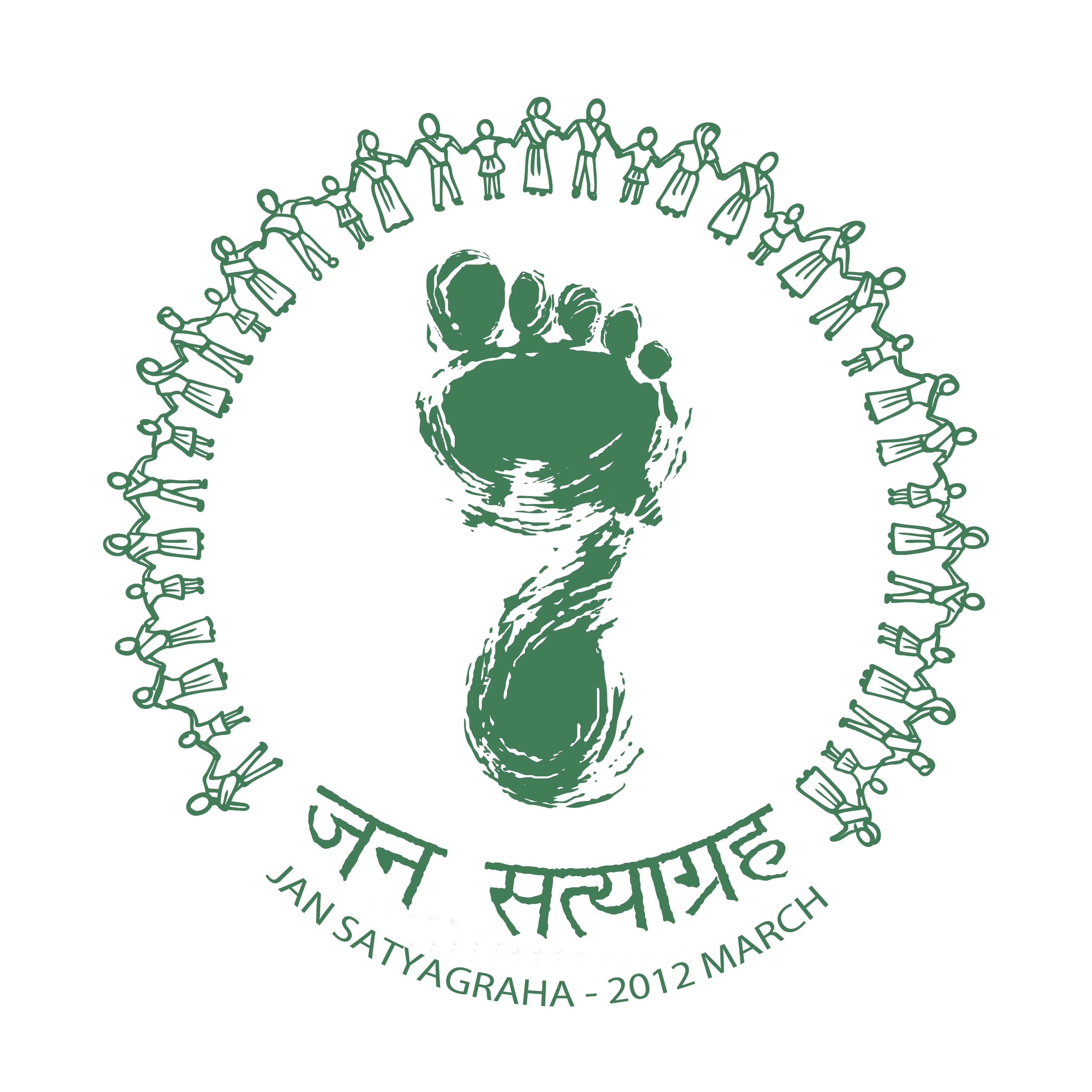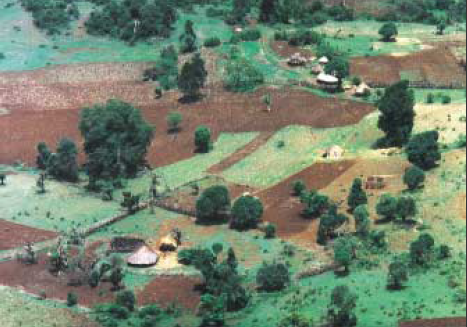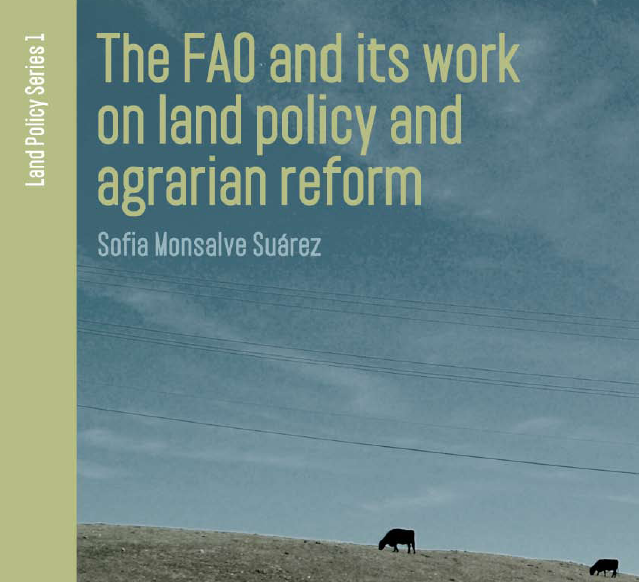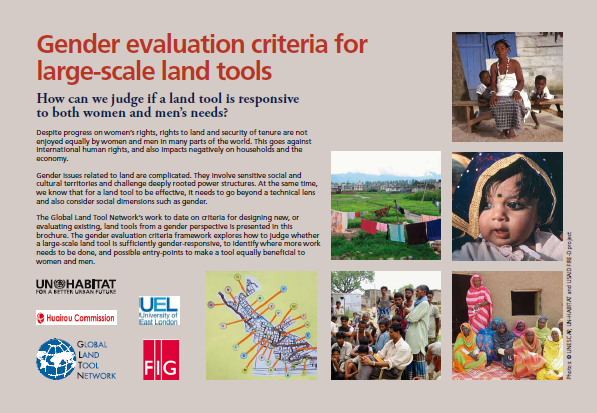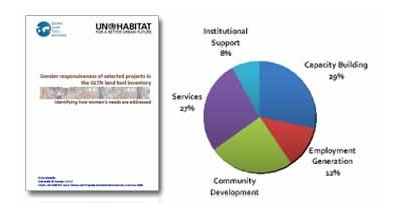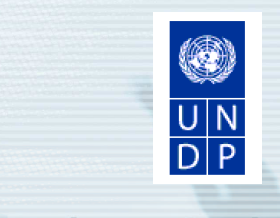Enclosure of the East African Rangelands: Recent Trends and their Impact
This paper analyses briefly the reasons why enclosures of the rangelands is taking place, the short and long term impact on different groups, and the technical and environmental issues. Examples are given from Kenya and Somalia.




